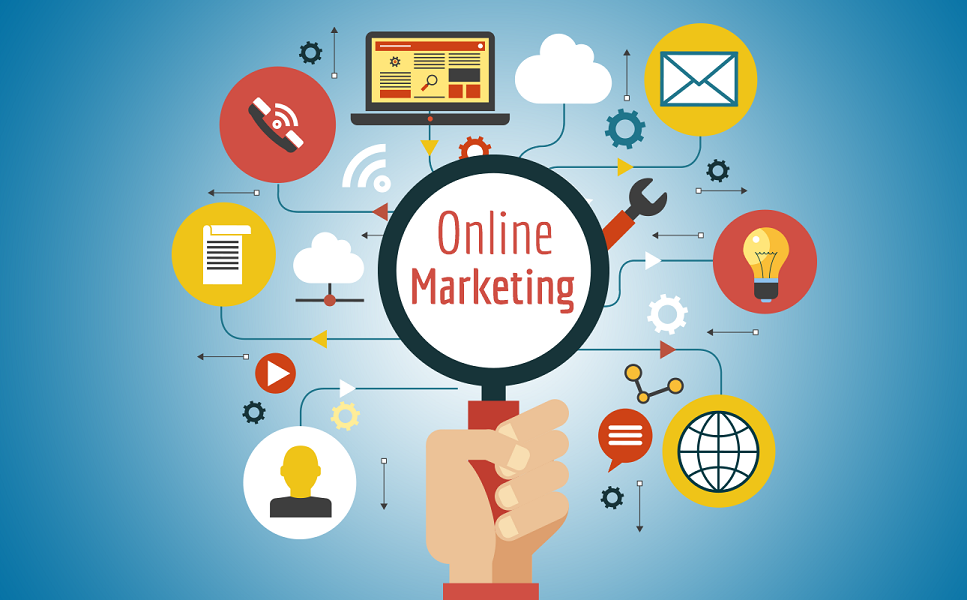The world of business is constantly evolving, shaped by technology, consumer behavior, globalization, and regulatory changes. Modern business is no longer confined to simple transactions or local operations; it encompasses complex strategies, innovative solutions, and dynamic decision-making processes that aim to deliver sustainable growth and value. Understanding the intricacies of contemporary business practices is critical for entrepreneurs, managers, and investors who seek to thrive in a competitive landscape.
The Evolution of Business Practices
Historical Perspective
Business practices have undergone a remarkable transformation over the centuries. In the early stages, trade was primarily local, involving bartering and small-scale transactions. The Industrial Revolution marked a turning point by introducing mass production, mechanization, and supply chain innovation. This era emphasized:
- Efficiency in production: Standardization of products and assembly-line manufacturing reduced costs.
- Market expansion: Businesses began serving regional and eventually national markets.
- Financial systems: The rise of banks and credit systems facilitated capital investment and growth.
Transition to the Modern Business Era
The 20th century witnessed globalization, technological advances, and the rise of multinational corporations. Businesses shifted from focusing solely on production to integrating marketing, customer relations, and strategic planning. Key developments included:
- Strategic management: Businesses adopted long-term planning to navigate competitive markets.
- Marketing evolution: Branding, advertising, and market research became central to customer engagement.
- Operational excellence: Lean methodologies and quality management systems improved efficiency and product quality.
Key Components of a Successful Business
Leadership and Management
Effective leadership is the backbone of any successful business. Leaders shape the vision, drive innovation, and influence corporate culture. Important aspects include:
- Visionary thinking: Setting long-term goals aligned with market opportunities.
- Decision-making: Balancing risk and reward while responding to dynamic market conditions.
- Team development: Fostering skills, motivation, and collaboration among employees.
Financial Planning and Management
Financial strategy ensures the sustainability and profitability of a business. Core areas include:
- Budgeting: Allocating resources efficiently to maximize returns.
- Investment planning: Identifying opportunities for growth and expansion.
- Risk management: Minimizing financial exposure through diversification and strategic planning.
Marketing and Customer Engagement
Understanding customer needs and delivering value is essential for growth. Modern marketing strategies include:
- Digital marketing: Leveraging social media, search engines, and online advertising.
- Customer experience management: Ensuring satisfaction through personalized services and feedback mechanisms.
- Brand positioning: Building a reputation that differentiates a business in the market.
Operations and Supply Chain Management
Efficient operations and supply chains are critical to meeting customer expectations and maintaining profitability. Key considerations include:
- Process optimization: Streamlining workflows to reduce waste and improve efficiency.
- Inventory management: Balancing stock levels to avoid shortages or excess.
- Supplier relationships: Ensuring reliability, quality, and sustainability in sourcing materials.
Emerging Trends Shaping the Business Landscape
Digital Transformation
Digitalization is no longer optional for businesses seeking growth. Companies are integrating technology into every aspect of operations to remain competitive. Key areas include:
- E-commerce platforms: Expanding reach and providing convenient shopping experiences.
- Data analytics: Using customer and market data to inform strategy and decision-making.
- Automation and AI: Streamlining processes, improving efficiency, and enhancing predictive capabilities.
Sustainability and Corporate Responsibility
Modern consumers and stakeholders increasingly demand that businesses operate ethically and sustainably. Areas of focus include:
- Environmental responsibility: Reducing carbon footprint, managing waste, and using sustainable resources.
- Social responsibility: Supporting local communities and maintaining fair labor practices.
- Governance: Transparent and ethical decision-making to build trust and credibility.
Globalization and International Business
Globalization has expanded markets and increased competition. Businesses must navigate international regulations, cultural differences, and global supply chains. Considerations include:
- Cross-cultural management: Adapting strategies to fit diverse markets.
- Trade regulations: Understanding tariffs, import/export laws, and international agreements.
- Global risk management: Preparing for economic, political, and environmental uncertainties in different regions.
Innovation and Entrepreneurship
Innovation drives competitive advantage and long-term success. Entrepreneurs and established companies alike must embrace:
- Product development: Creating offerings that meet emerging market needs.
- Process innovation: Improving efficiency, quality, and customer satisfaction.
- Business model innovation: Developing new ways to deliver value and generate revenue.
Challenges Facing Modern Businesses
Economic Uncertainty
Market volatility, inflation, and global economic fluctuations present ongoing challenges. Businesses must:
- Monitor economic trends closely
- Develop contingency plans
- Maintain financial flexibility
Technological Disruption
While technology enables growth, rapid change can disrupt traditional business models. Organizations must:
- Invest in continuous learning and employee upskilling
- Adopt flexible technology solutions
- Anticipate shifts in consumer behavior and competition
Regulatory Compliance
Businesses operate in increasingly complex legal and regulatory environments. Compliance is essential to avoid penalties and maintain reputation. Areas include:
- Taxation policies and reporting requirements
- Labor and employment regulations
- Environmental and safety standards
Business Strategy for Sustainable Growth
Strategic Planning
Developing a comprehensive strategy is crucial for aligning resources and achieving goals. Core components include:
- Market analysis: Identifying opportunities and threats.
- Competitive analysis: Understanding strengths and weaknesses relative to competitors.
- Goal setting: Establishing measurable objectives and timelines.
Risk Management
Proactive risk management helps businesses anticipate and mitigate potential setbacks. Steps include:
- Conducting regular risk assessments
- Developing contingency plans for key scenarios
- Diversifying revenue streams to reduce dependency on a single market
Innovation and Adaptation
Sustained growth requires constant innovation and responsiveness. Businesses must:
- Monitor emerging trends and technologies
- Foster a culture of creativity and experimentation
- Adjust strategies based on feedback and market shifts
Real-Life Examples of Effective Business Practices
- Companies adopting remote work strategies to increase flexibility and employee satisfaction.
- Organizations using predictive analytics to optimize inventory and reduce waste.
- Businesses leveraging subscription models to generate recurring revenue and build customer loyalty.
These examples demonstrate how integrating modern tools and strategic thinking can drive efficiency, profitability, and long-term success.
FAQs About Business
What factors contribute most to business success?
Strong leadership, clear strategy, financial management, innovation, and customer focus are key contributors to success.
How can businesses remain competitive in a global market?
By adopting digital technologies, understanding diverse markets, and continuously innovating products and services.
What role does sustainability play in business today?
Sustainability builds trust with consumers, reduces environmental impact, and ensures long-term operational viability.
How do businesses manage economic risks?
Through diversification, financial planning, monitoring market trends, and developing contingency strategies.
Why is innovation crucial for business growth?
Innovation allows businesses to meet evolving market needs, improve efficiency, and differentiate themselves from competitors.
How can businesses leverage digital transformation effectively?
By integrating technology into operations, marketing, and customer service while using data to drive decision-making.




